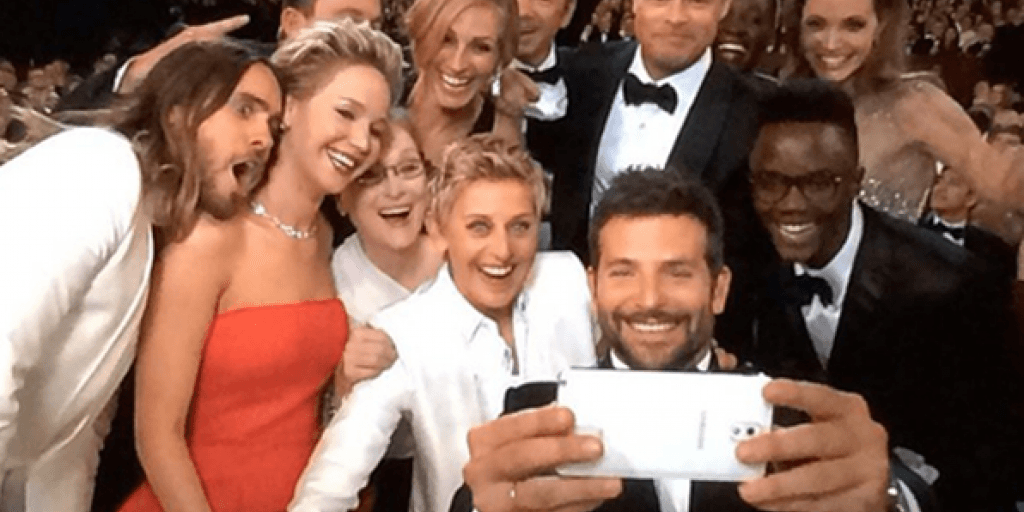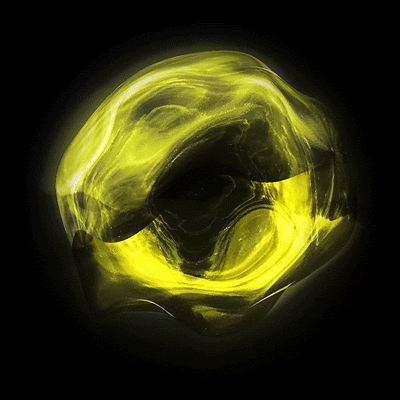
When Oscars host, Ellen DeGeneres, whipped out a white Galaxy Note 3 in front of 43 million viewers to take a selfie with some of the world’s most famous celebrities, Samsung struck Oscar gold. With more than 3 million retweets within two days, it was the selfie that broke Twitter and garnered the most retweets ever.
It later became apparent that the selfie was actually part of a $20 million sponsorship deal between Samsung and the Oscars. And although it’s difficult to place an exact value on the ROI for Samsung, it’s clear that the value of that single selfie more than covered Samsung’s sponsorship investment.
Whilst the hype surrounding the tweet has been denounced by some as merely obnoxious product placement or gross celebrity narcissism, it nonetheless demonstrated how the power of social media has changed the advertising industry.
With the onslaught of photo-sharing apps like Instagram, Snapchat and Facebook, selfies have become an indulgence of anyone with a smartphone. Instagram is a breeding ground for people’s narcissistic tendencies with the platform’s most frequently used hash tag being #me.
Dove’s latest Real Beauty campaign, Selfie, taps into this very phenomenon. It uses the same formula of hope against unfair beauty norms that has won Dove the praise of consumers and feminists alike. The latest campaign teaches young women and their mothers how to take “natural beauty” selfies.
There are a couple of inconsistencies in the seven-minute brand message. Firstly, the video’s narrative assumes that girls were taking selfies incorrectly. Why does Dove’s marketing team assume that teenage girls need to be told how to take selfies? Young girls are already well practiced at taking highly-staged attractive selfies! This conceit belies the initiative of leveraging such behaviour, and is disingenuous of the brand.
Secondly, it argues that the insecurity and self-scrutiny behind the selfie can be subverted, and used as a tool of empowerment. But in doing so, it perpetuates misguided message of empowerment and beauty products, and also perpetuates the very selfie culture of self-validation that it criticises.
Despite any flaws in either brand approach, both Dove and Samsung successfully leveraged a cultural phenomenon into a global sensation. They sparked shares, analysis and debate. And that, in itself, equates to engagement on a meaningful level.








